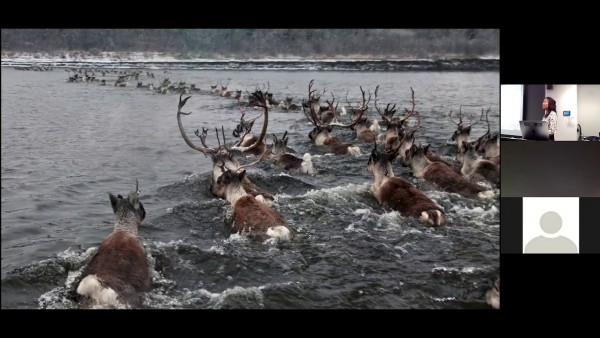E&E PhD Exit Seminar: Life in cold blood: phenotypic development in a warming world
Animals live in an ever-changing world, but environmental perturbations are occurring at an alarming rate - threatening biodiversity and population persistence. Phenotypic plasticity may be an effective and immediate solution for animals to cope in changing environments, but genetic adaptation is necessary for long term survival. It is currently unclear how developmental environments affect consistent phenotypic variability and shape individual responses to environmental variation later in life. Pace-of-life theory predicts that metabolic rate covaries with morphology, behaviour and life history. As such, focusing on how developmental environments influences metabolism, may enable us to better predict the cascading effects it has other aspects of the phenotype.In this seminar, I will showcase some of my research that investigate how incubation temperatures shape phenotypic development in an Australian lizard (Lampropholis delicata). I will discuss a series of experiments that try to unpack the impacts of incubation temperatures on thermal plasticity and growth. I also exploredthe effects of developmental temperature on repeatability and genetic variation which can tell us how much substrate is available for selection to work with, and by extension, the evolutionary potential of traits in different developmental environments. Finally, I will present some comparative work that challenges ‘pace-of-life’ theory and provide some alternative hypotheses that might explain why life history is so diverse in snakes and lizards.






